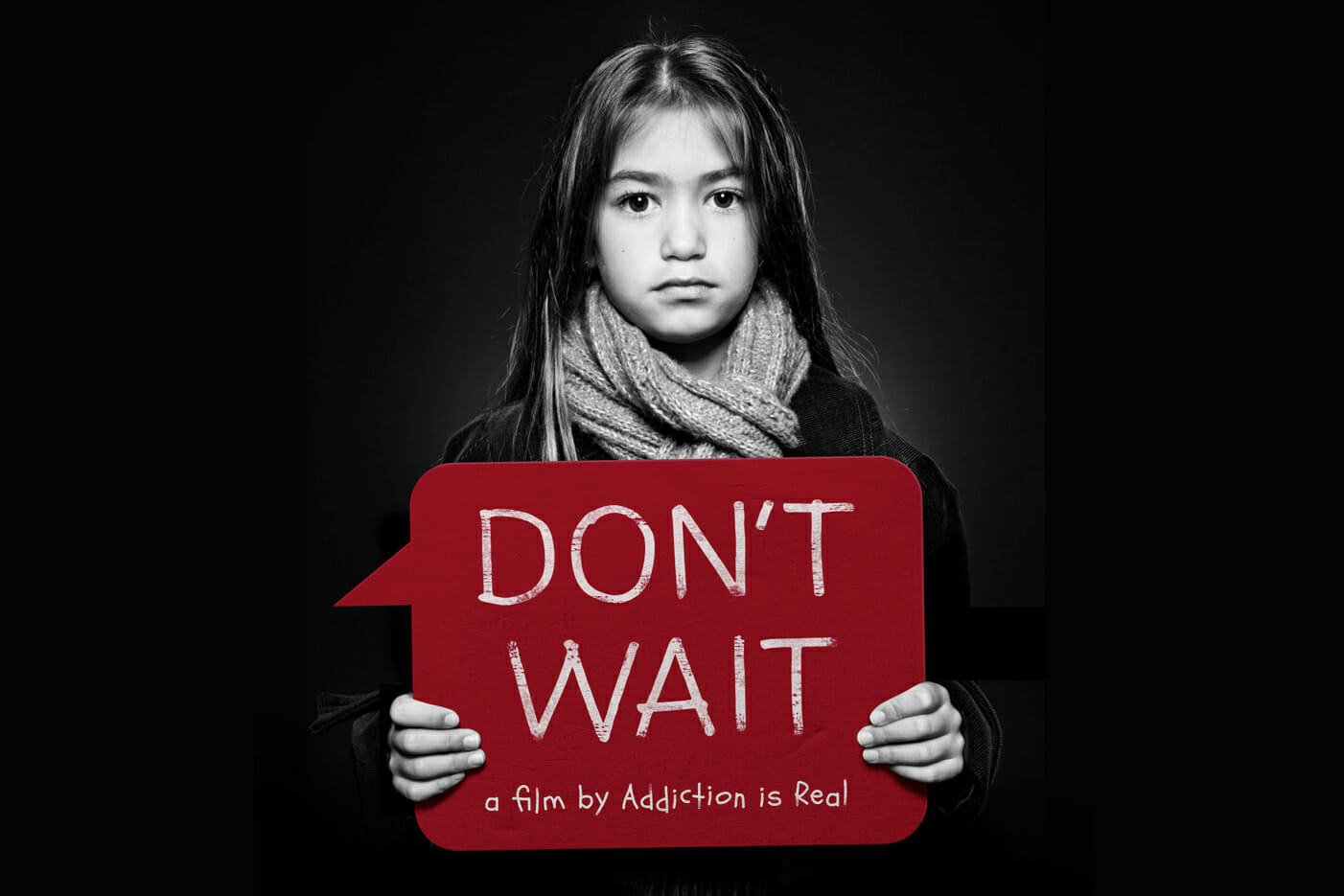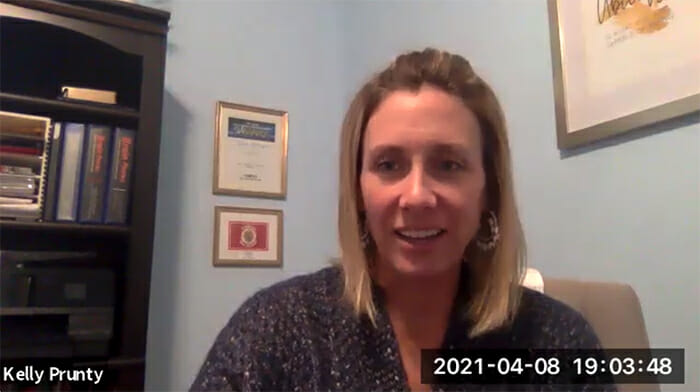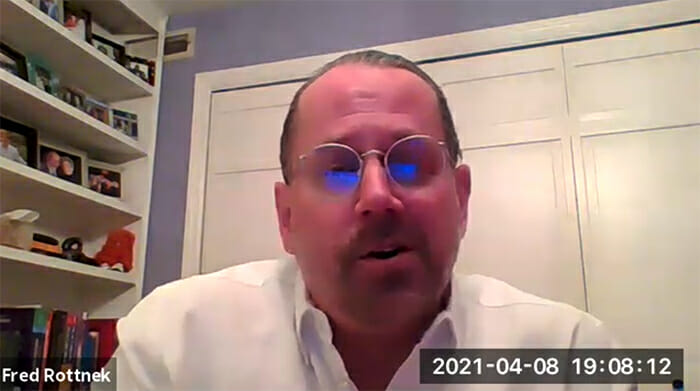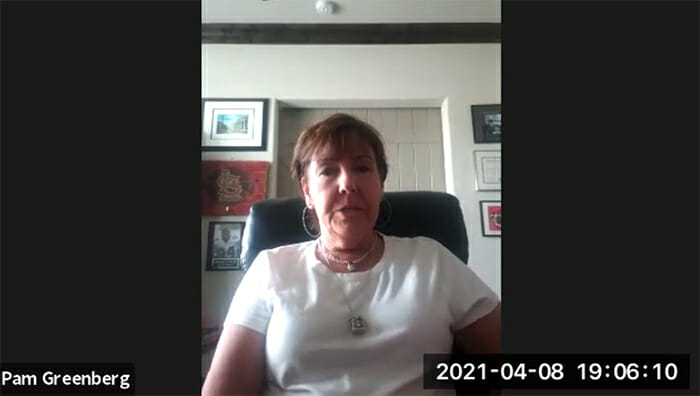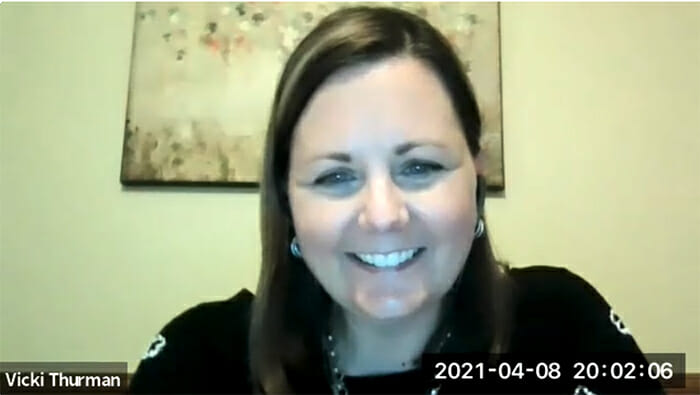Earlier this spring, MICDS Parent Education offered access to DON’T WAIT, a drug prevention film by the local non-profit organization Addiction is Real (AIR), and hosted a panel discussion with experts featured in the film. For just over a month, MICDS parents and guardians could watch the film for free prior to the engaging and important discussion. AIR’s mission is “to provide parents with the tools to take a proactive approach in discussing the dangers of substance use with their child, as well as recognize signs of risky behavior.” Read on to learn more about the film and panel discussion takeaways.
Film Overview from AIR
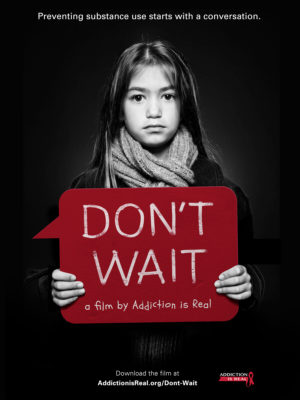 We are in the midst of not only a pandemic but also a mental health crisis. Many kids are hurting. Depression, anxiety, and substance use are on the rise. More than ever, parents must be on top of their children’s mental health, educated in drug prevention, and ready and able to recognize signs of risky behavior.
We are in the midst of not only a pandemic but also a mental health crisis. Many kids are hurting. Depression, anxiety, and substance use are on the rise. More than ever, parents must be on top of their children’s mental health, educated in drug prevention, and ready and able to recognize signs of risky behavior.
DON’T WAIT was created specifically for parents and guardians to provide tools and knowledge to instill drug prevention practices at home. The film is accompanied by this discussion guide to help families navigate this conversation with their children.
Through interviews with parents, drug prevention experts, and one brave mother sharing her son’s story, DON’T WAIT offers insights on:
- Why it’s essential to talk to your kids early and often about the dangers of drugs and alcohol
- How to best approach these conversations based on your child’s age
- How and why 90% of addiction develops during the teenage years
- Proactive measures you can take to prepare and protect your children from addiction
- What to do if you spot signs of drug and alcohol use in your child
Virtual Panel Discussion
AIR and MICDS partnered in early April to provide a panel discussion about drug prevention and intervention, expanding upon the film. The panel included three local experts featured in the film:
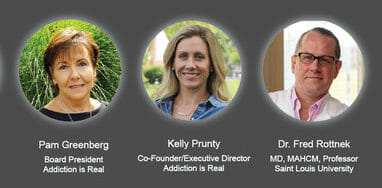
Parents and guardians, over Zoom, had the opportunity to ask questions about substance use and substance use prevention. Here are just a few of the many critical questions asked and their answers:
Q: How do you suggest bringing up the topic of drugs and getting kids to actually be honest about their exposure thus far?
A: The panel recommends bringing up the topic early and often. “The most important tool that we have for prevention is conversation,” states Dr. Fred Rottnek. Make regular check-ins—ask about what’s going on with their friend group or about their normal activities. Even as early as preschool, you can set the groundwork for bringing up serious topics. You might first chat about having good friends or turning to mom or dad if something is uncomfortable. As the child ages, you can broach more mature topics.
Kelly Prunty shared, “I often wait to talk until we’re in the car. This way, [my child] can’t go anywhere and doesn’t have to look directly at me.” You can also look for natural opportunities to bring something up. “There might be lyrics in a song or news about influencers in the media which can inspire deeper conversations.” As the child grows up, you can ask about their perspective on something with a simple question of “What do you think about that?” Engage in the conversation with your child rather than talk at them. Educate them on how dangerous these substances are.
Q: What do we at MICDS to watch for drug abuse?
A: Upper School Counselor David Hotaling responded, “We try to know our students really well, and we work to ensure that every student feels a connection to some adult on campus who they can reach out to for support. The overall message is that they can come to us for help. We also watch for changes in behavior, academics, and social circles. They’re also taught to watch out for each other. We’ve painted scenarios for them to learn how to respond if someone they care about is in a bad situation. We also offer drug prevention programming for students and professional development opportunities for faculty.”
Q: What if your child used to open up to you about anything, including drugs and alcohol, but now all of a sudden is closed off. Any advice?
A: “At some point, almost every teen wants their privacy,” said Prunty. Regardless of if they open up, “continuing to let them know that you’re there if they want to talk to you shows that you care, you’re there to listen, and they can trust you.”
Hotaling added that it’s ok if the person they turn to is not you. “You can ask, ‘Do you have someone you talk to right now?'” It’s most important that they have the right person for them who they are comfortable with. It can also be great if they have someone outside of the family to turn to whether they open up to you as well or not.
The panel also covered some great tips on equipping adolescents with the language and strategies for getting out of potentially risky situations.
- On being offered drugs: “Addiction runs in my family and I have to be careful, so I just avoid it.” Another idea is to say “My parents drug test me.”
- On needing to leave a party: The child can text “X” to their parent, guardian, or trusted adult. The adult can then call immediately with an urgent excuse to come and get the child.
- If your child doesn’t feel comfortable saying no: They can fake their way through it if saying no is too difficult. They can hold a cup and pretend to be drinking when they really aren’t.
The panel also talked about trends in drug use in the St. Louis area, the impact on substance use during the pandemic, what to look for if you suspect a child is experimenting or fully using, and the neurological effects of substance abuse. “The brain isn’t fully developed until the age of 25,” explained Prunty. Substance use affects the way that our nerves communicate with each other. For example, use of cannabis can result in a loss of six to eight IQ points.
Resources
- DON’T WAIT Film* – If you missed the free access to the film, it is only $10 to watch it.
*Please note that the film was created for parents and guardians, specifically. They do not recommend watching it with your teenagers. If after watching it yourself you do decide to watch it with your child, it is recommended only for ages 12 and older. - DON’T WAIT Discussion Guide
- Helplines and resources on the AIR Website
- Parent Toolkit from the AIR Website – Find information on what’s happening in the world today as it relates to alcohol or drugs; learn how to talk to your kids about it all and keep them safe
- Hidden in Plain View Virtual Bedroom – Click around a virtual bedroom of a teenager to learn about 70 items that could be signs that your child is experimenting or fully using substances.
MICDS Student Support
As always, if you have concerns about your child’s mental health or risky behavior, our Counselors and Student Support Services team members are here to help. Please do not hesitate to reach out for support or advice.
Thank you very much to the Addiction is Real panel, MICDS Student Support Services Team, and MICDS Parent Education for covering this critical topic through the movie, panel discussion, and ongoing support!
In case you missed the panel discussion, the recording is available here.
